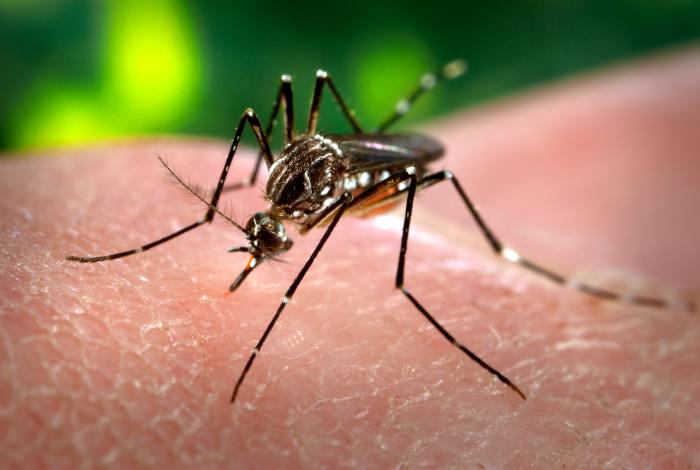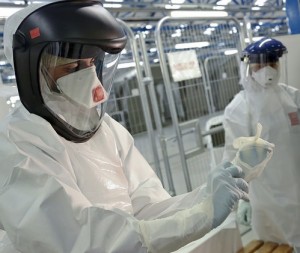 Photo Credit: Centers for Disease Control and Prevention
Photo Credit: Centers for Disease Control and Prevention
The Zika Virus – A Window Into Future Security Threats
As the old saying goes, you are nothing without your health. Countries are the same. Over the next twenty to thirty years, a major epidemic could decide the stability of any country.
In order to prepare for a future of increased health concerns, international response cannot be reduced to action only in emergency circumstances. There have to be stronger, dedicated healthcare networks designed for earlier detection and faster coordination.
To see a glimpse into the threat we’re facing, a perfect example is the current Zika virus emergency throughout Latin America and the Caribbean. It illustrates how the speed, destructiveness, and long-term effects of a disease can pose a massive threat to future stability.
By February 1, the Zika virus had spread so rapidly that the World Health Organization declared a global public health emergency, a designation most recently shared by the Ebola outbreak in West Africa. By then, 29 countries and territories had reported cases of the Zika virus, including Brazil, Mexico, and Puerto Rico. Brazil alone has reported around 3,700 cases of microcephaly related to Zika, and up to 4 million people in the Americas are at risk for infection.
However, the Zika virus is not lethal. It’s is linked to thousands of cases of microcephaly in newborn babies, most of whom will suffer “profound intellectual disabilities [and] serious speech and motor problems” over their lifetimes.

NHS medics put on Ebola safety suits (Photo Credit: UK Department for International Development)
The speed and pervasiveness of the disease could still be easily replicated with a deadly equivalent. The species of mosquito that carries Zika, for example, “has evolved to live in close quarters with humans, and the trash that humans create.”
A combination of Zika’s expanse and the deadly nature of Ebola has serious long-term consequences. In post-Ebola West Africa, it may take a generation to recover, in addition to what the World Bank estimated to be about $1.6 billion in lost economic growth. Other regions can look forward to that kind of loss and instability without better response networks.
Climate change may only exacerbate the threat of epidemics as people are forced to migrate away from better healthcare resources and closer together. In the meantime, the upcoming Summer Olympics in Rio de Janeiro could be a health emergency in the making.
The only good news in this situation is that Zika can be hard-learned lesson.
The world witnessed the Ebola crisis handled with haste and organization. On-the-ground efforts were praised, and the Ebola vaccine was developed quickly. But in medical terms, that meant that the vaccine was “highly effective” in test subjects only by August 2015, almost a year after the largest spike in deaths from the disease. The WHO emergency declaration on the Zika virus will open up the same floodgate of new money for research that Ebola received, but progress may be slow – up to 10 years away.
The future is looking increasingly urban, crowded, and centered in developing countries. With 7 out of 10 of the largest urban areas in the world located in countries with developing economies, these areas must be part of a better worldwide network focused on early identification and targeted responses. As long as the WHO, or another inter-governmental body, is the leader in the effort, all countries must be included in research-sharing, containment strategies, and plans for public outreach.
Today, the concern is the Zika virus, which has the biggest effect on pregnant women. Tomorrow, something fatal may spread with the same ferocity, and countries may be left with the same problems as today. Without better global response efforts, including effective international coordination for vaccine research beyond emergency situations, we can only be reduced to putting out brush fires when the future calls for preparedness we are nowhere close to.






